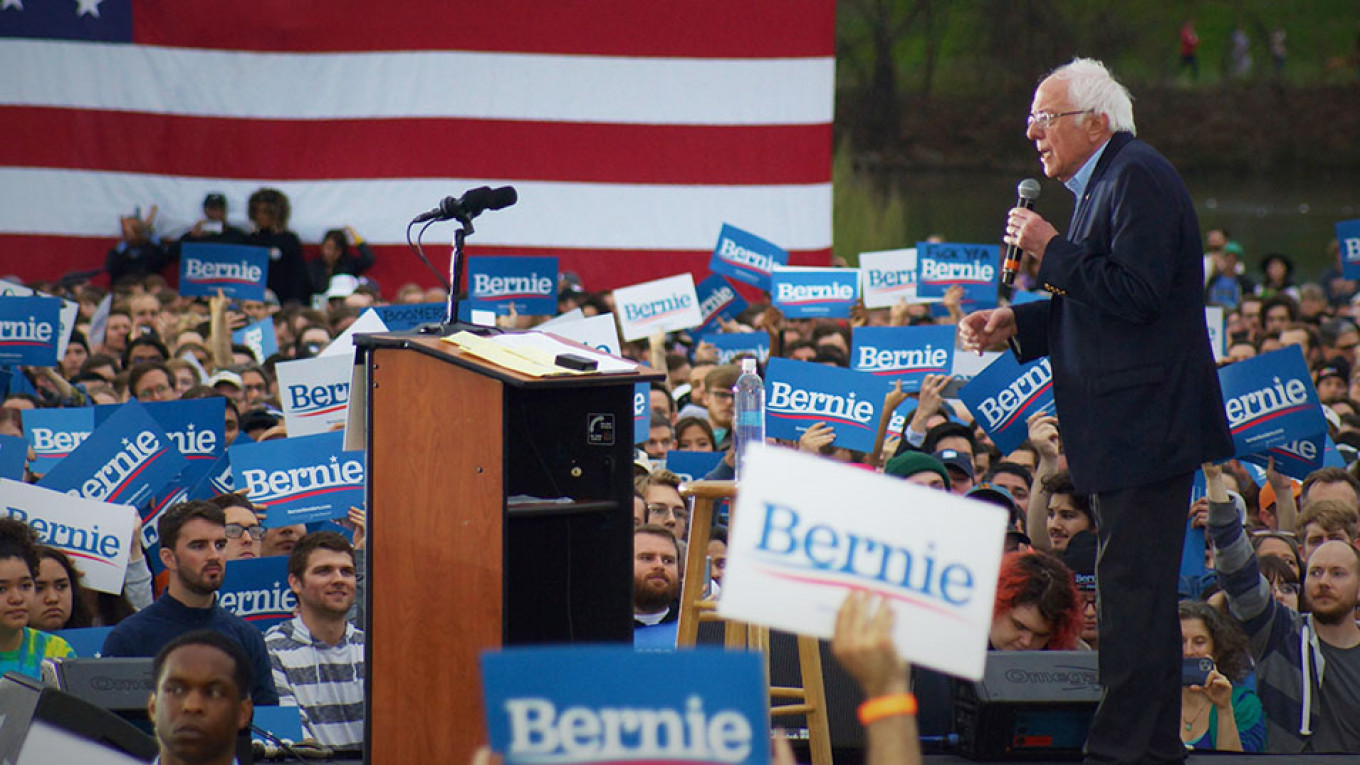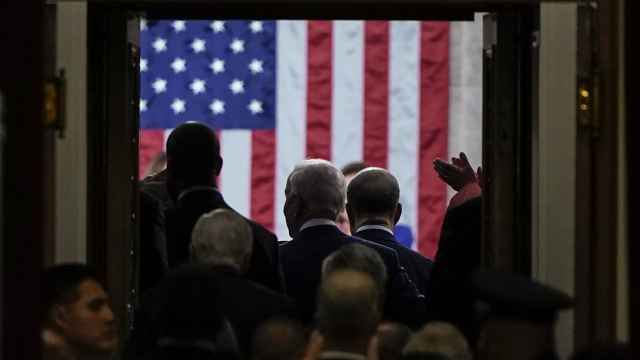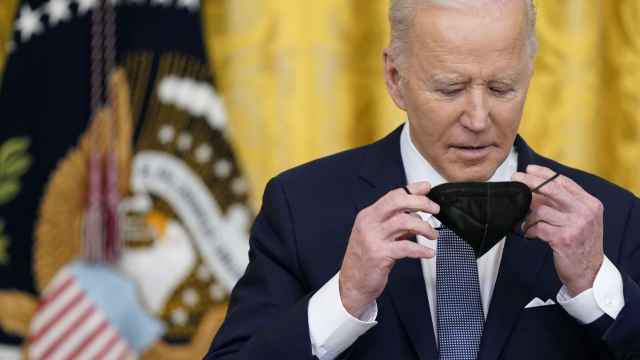A day before Democratic voters headed to the polls in Nevada, reports came out of a concerted effort by Russia to assist both Bernie Sanders and Donald Trump in their presidential campaigns. Democratic opponents of Sanders took this as a sign of common interest between Russia and the self-professed democratic socialist.
Sanders himself quickly denounced Russia’s actions, attributing them to a Russian attempt to divide the American public. While the recent history of Russia’s disinformation campaigns in the West supports the senator’s contention, his anti-establishment views likely also played a role in Russia’s decision to support the Sanders campaign.
Russian trolls/bots and pro-Russian opinion leaders famously supported Trump in his 2016 presidential campaign. They also contributed to the Brexit campaign; supported Catalonian independence; and backed the M5S and League in Italy, AfD in Germany, and Le Pen in France.
Until her campaign became too much of a longshot, those accounts boosted Tulsi Gabbard in the Democratic primary. What all of the movements receiving Russian social media assistance have in common is not their pro-Russian positions — though most of them do have that — but their opposition to the establishment.
There are three reasons Russia sides with Western anti-establishment figures.
First, the West is still the main adversary for most Russian elites, albeit one that’s no longer an existential threat.
That is why Russian interference remains low-cost and deniable. Russian elites have convinced themselves that the Western establishment is inherently Russophobic. Any anti-establishment movement is automatically seen as preferable to the maintenance of the status quo. Both Trump and Sanders meet that criterion. Trump regularly rails against the “deep state” — a talking point Russia uses itself — while Sanders does the same against the Democratic establishment.
Second, weakening the Western establishment has the added bonus of weakening the West in general and its willingness to confront Russia. Many Western anti-establishment groups are opposed to key Western institutions — NATO and the EU in particular. The consensus-based model of decision-making within those institutions means that even a handful of anti-establishment governments can derail a common stance against Russia. In this regard, Sanders hasn’t shown the same inclination to attack Western institutions that Trump has over the past three years.
An anti-establishment movement doesn’t have to be in power to benefit Russia, however. Constant infighting makes it impossible for Western politicians to focus on a Russian threat. Political elites in an America fighting over Trump, a Britain fighting over Brexit, or a Spain fighting over Catalonian independence simply do not see foreign policy as a priority.
Chaos is seen as a positive in itself — Russian trolls simultaneously worked on behalf of Trump and black rights movements in 2016 — something that gives Russia a freer hand in its own foreign policy. A Sanders presidency or even a Democratic nomination virtually guarantees that America will remain preoccupied with domestic conflicts.
Third, the spectacle of Western politicians criticizing the quality of their own countries’ elections and political institutions helps the Putin regime paint democracy as a deeply flawed, unstable, and undesirable system of governance.
Russian news gleefully reports on every alleged wrongdoing by the Western establishment, every allegation of fixed elections, and every claim of elites conspiring against the common man. As long as the Russian people see democracy in the West as a failure, they will have lower expectations of their own government and will look at those promising democracy at home with extreme suspicion.
To sum up, a successful Sanders campaign checks a lot of boxes for Russia and its supporters. Sanders both opposes and is opposed by the American establishment, including from his own party.
Sanders’s self-proclaimed democratic socialism rises to the top of the political agenda, displacing debates over America’s need to reclaim its global leadership role or to challenge Russia in the Middle East, Africa, or Russia’s near abroad. Even a Sanders defeat would be portrayed as an indictment of democracy to the Russian public.
How much a Sanders presidency would benefit Russia is an open question, however. Sanders wants to battle global kleptocracy — a major challenge to Russia’s foreign policy. Plus, he enjoys the support of Putin’s political rival, Alexei Navalny.
But the ability to promote chaos likely outweighs these concerns.
A Message from The Moscow Times:
Dear readers,
We are facing unprecedented challenges. Russia's Prosecutor General's Office has designated The Moscow Times as an "undesirable" organization, criminalizing our work and putting our staff at risk of prosecution. This follows our earlier unjust labeling as a "foreign agent."
These actions are direct attempts to silence independent journalism in Russia. The authorities claim our work "discredits the decisions of the Russian leadership." We see things differently: we strive to provide accurate, unbiased reporting on Russia.
We, the journalists of The Moscow Times, refuse to be silenced. But to continue our work, we need your help.
Your support, no matter how small, makes a world of difference. If you can, please support us monthly starting from just $2. It's quick to set up, and every contribution makes a significant impact.
By supporting The Moscow Times, you're defending open, independent journalism in the face of repression. Thank you for standing with us.
Remind me later.








